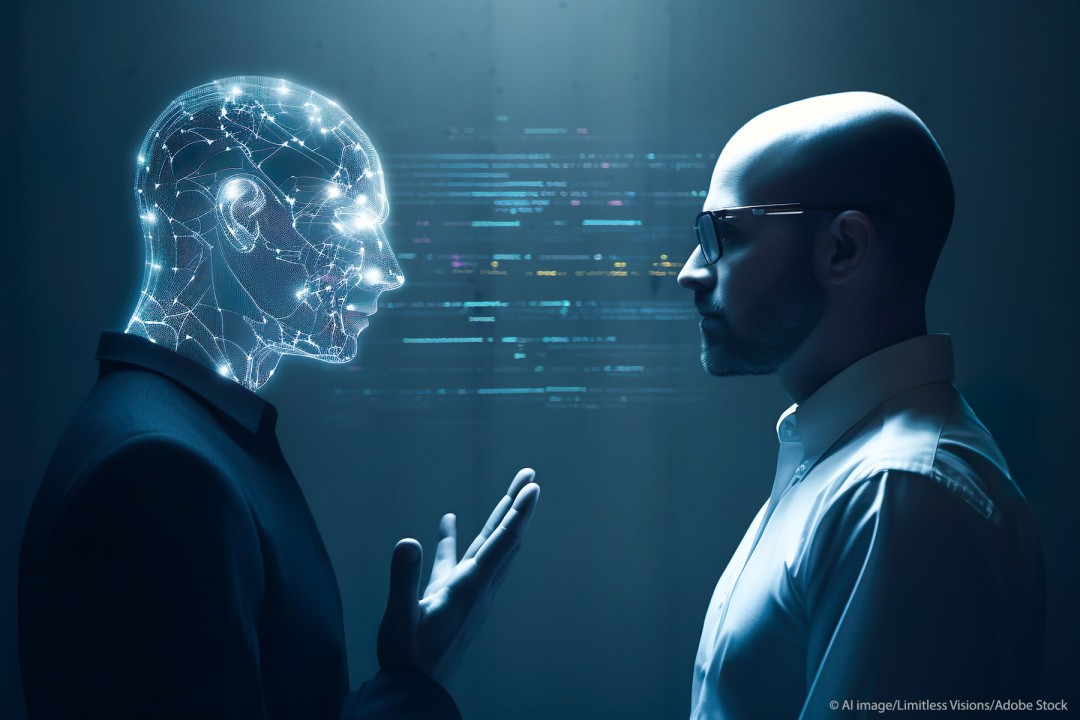The rapid development of Artificial Intelligence (AI) in the past few years has raised heated debate and concern over how AI is affecting human intelligence. While AI systems go on developing and improvement in handling complex tasks, it is quite vitally relevant to shed some light on those underlying differences between AI and Human Intelligence.
Understanding AI Intelligence
Artificial intelligence refers to the process of developing systems that can perform tasks usually uniquely reserved for human intelligence, such as speech recognition, problem-solving, decision-making, pattern recognition, learning, and many others.
AI systems are, therefore, designed to analyze large amounts of data and establish patterns or trends by which informed insights may be generated or predictions made.
AI realizes these capabilities through machine learning and deep learning algorithms. Algorithms in machine learning learn through large data sets to form patterns, learn, and forecast future events.
Deep learning goes to the extent of taking it further by processing and analyzing data the same way human brain networks are organized or architected.
The Strengths of AI
Artificial intelligence varies from mortal intelligence in a number of ways;
Speed and Efficiency
AI systems are able to process and analyse large amounts of information in seconds; therefore, they could give quick and accurate responses or solutions to highly complex problems. Humans, on the other hand, require more time to get and process information.
Processing Power
While human beings have finite memory and processing capabilities, AI systems can process a significant amount of information simultaneously.
This enables AI to perceive patterns and trends that may not appear to human beings in everyday life.
Lack of Bias
Man is prone to biases—something consciously or unconsciously living in every human being. AI systems, if done correctly, are engineered to avoid those biases and make decisions as objectively as possible given the information at hand.
Consistency
AI systems lack inconsistency in their decision-making process since it is based on predefined algorithms and rules.
On the other hand, humans are prone to fluctuations in mood or other external factors that might have negative impacts on their judgment. The Strengths of Human Intelligence
Even though AI is incredibly powerful, human intelligence is distinct from Artificial Intelligence by a few key advantages:
Emotional Intelligence
Creativity and Innovation
Intuition
Adaptability
Humans possess emotions, empathy, and the ability to understand and connect with others emotionally.
This emotional intelligence allows humans to navigate complex social situations, show compassion, and make decisions that may not be solely driven by logic.
The Future of AI and Human Intelligence

It is doubtful that AI will one day replace human mindpower. Rather, AI will most likely enhance and complement abilities from humans.
Artificial intelligence can simply give humans the time to engage in more complex and creative projects by doing many doable tedium, time-consuming operations for them.
In the domains of decision-making, problem-solving, and periods of emotional support—where their special talents, such as empathy and intuition, are invaluable—humans as a species will always be needed.
This is particularly true within context fields like ethics, where human discernment already plays a very critical role.
Which future is better?
It should be noted that the comparison of AI versus human intelligence into the future as being better or worse is purely subjective and depends on various factors and perspectives.
Here are a few points to consider :
Complementary roles
The future can witness AI and human intelligence playing complementary roles in a near future. While human intelligence can propel areas that are more critical of emotional intelligence, creativity, and critical thinking, AI can take on activities that want speed, efficiency, and data process capability.
Automation and Job Displacement
Routine and monotonous tasks can be automated by AI and automation. On the other hand, this could result in job displacement in some industries.
However, since employees would be freed from doing mundane work, they will have more time to work on other challenging and creative projects.
Ethical Considerations
Together with AI, a host of ethical concerns regarding privacy, biases, algorithms for decision-making, and the potentials for misuse are opened.
Human intelligence is then of importance to ensure that all those ethical considerations are properly managed.
Human Intuition and Creativity
Artificial intelligence simply does not have the potential to satisfactorily replicate some of the unique skills associated with human intelligence, notably including empathy, creativity, and intuition.
These qualities will retain value in areas like art, innovation, complex problem-solving, and interpersonal relationships.
Adaptability
Another merit associated with human intellect is that it is flexible, and they can pick up their knowledge from varied experiences.
Again, human intelligence can adapt to learn new abilities when conditions change—that is, when circumstances occur that were not initially written into AI’s programming.
Conclusion

